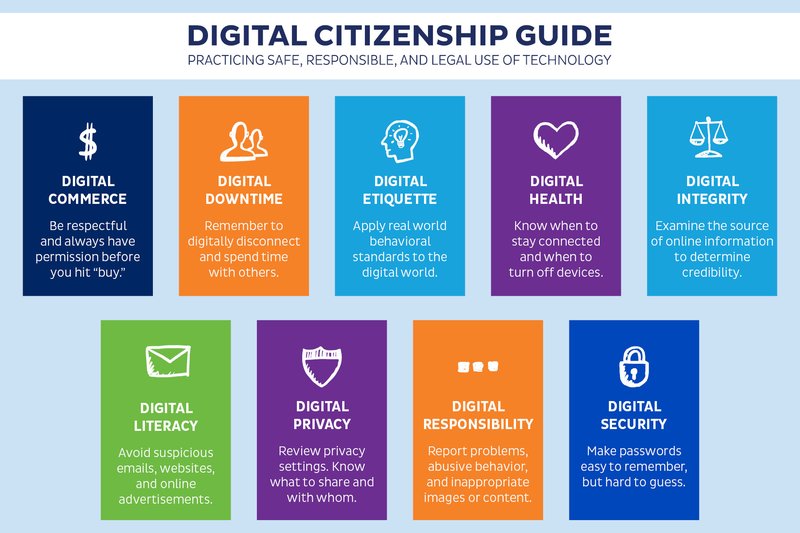· Parenting Tips · 5 min read
7 Essential Steps for Nurturing Strong Family Relationships in Christian Parenting
Discover how Christian parents can build strong family relationships through creating a loving home environment, fostering sibling bonds, and strengthening marital connections through faith. Explore the importance of family devotionals and worship time in nurturing healthy parent-child relationships.

7 Essential Steps for Nurturing Strong Family Relationships in Christian Parenting
Introduction
In Christian parenting, nurturing strong family relationships is a vital aspect of raising children in a loving and supportive environment. Building healthy family bonds requires intentional effort and a commitment to the values and principles of Christianity. By following these 7 essential steps, parents can create a strong foundation for nurturing strong family relationships that are grounded in faith and love.
Step 1: Creating a Loving Home Environment
A loving home environment is the cornerstone of strong family relationships in Christian parenting. It is important for parents to create an atmosphere of love, acceptance, and forgiveness within the family. This can be achieved by demonstrating unconditional love towards each family member, actively listening to each other, and resolving conflicts in a respectful and compassionate manner.
As mentioned on greenlight.com, “Solid family bonds benefit both kids and adults.” Research has shown that children who grow up in a loving home environment have higher self-esteem, better mental health, and are more likely to form healthy relationships later in life. Therefore, it is crucial for parents to prioritize creating a loving home environment for their children.
Step 2: Building Healthy Parent-Child Relationships
Building healthy parent-child relationships is essential for nurturing strong family bonds in Christian parenting. Parents should strive to develop a deep connection with their children based on trust, respect, and open communication. This involves spending quality time together, actively listening to their children’s thoughts and feelings, and providing guidance and support.
According to the National Institute on Safe Supportive Learning Environments, “Parenting: Build families’ knowledge and leadership to understand positive youth development and to provide home environments that support their children’s health, social, and academic success at every age.” By focusing on building healthy parent-child relationships, parents can create an environment where their children feel loved, valued, and supported.
Step 3: Strengthening Marital Bonds through Faith
In Christian parenting, strengthening marital bonds through faith is crucial for nurturing strong family relationships. A healthy and thriving marriage serves as a solid foundation for the entire family. Couples should prioritize their relationship by spending quality time together, praying together, and seeking guidance from their faith.
As emphasized by Focus on the Family, “The main thing is to help our kids develop a love relationship with the Lord, to teach them who God is, because then they can trust that God’s gonna fulfill that good purpose in their life.” By nurturing their own relationship with God and each other, parents set an example of a loving and committed marriage for their children to emulate.
Step 4: Fostering Sibling Relationships Based on Love
Fostering sibling relationships based on love is essential for strong family bonds in Christian parenting. Siblings have a unique connection that lasts a lifetime, and it is important for parents to encourage love, respect, and cooperation among siblings. This can be achieved by promoting empathy, teaching conflict resolution skills, and providing opportunities for joint activities and bonding.
According to Psychology Today, “To parent effectively, it’s not enough to simply avoid the obvious dangers like abuse, neglect, or overindulgence. Indeed, The National Academy of Sciences delineates four major responsibilities.” Parents play a crucial role in shaping sibling relationships by teaching their children how to treat each other with kindness and respect.
Step 5: Family Devotionals and Worship Time
Family devotionals and worship time are powerful tools for nurturing strong family relationships in Christian parenting. Setting aside dedicated time for prayer, Bible study, and worship as a family helps to deepen spiritual connections and reinforce shared values. This practice also provides an opportunity for open discussions about faith and encourages children to develop their own relationship with God.
As highlighted on Understood.org, “You can empower families to support academic goals at home.” By incorporating family devotionals and worship time into their routine, parents demonstrate the importance of faith and create a space for spiritual growth within the family.
Step 6: Practicing Forgiveness and Grace
Practicing forgiveness and grace is essential for maintaining strong family relationships in Christian parenting. As imperfect beings, it is inevitable that family members will make mistakes and hurt each other. However, by practicing forgiveness and extending grace to one another, families can heal and grow stronger.
According to Academia.edu, “Their combined teaching is intended to be a transformative experience of growth through beauty.” By following the example of Christ’s forgiveness and grace, parents teach their children the importance of forgiveness, reconciliation, and unconditional love.
Step 7: Serving Others as a Family
Serving others as a family is a meaningful way to nurture strong family relationships in Christian parenting. Engaging in acts of service together allows families to bond over shared experiences and develop a heart for compassion and empathy. It also provides an opportunity to put their faith into action and make a positive impact in their community.
As highlighted by Youth.gov, “At the individual level, youth-serving personnel can promote family and community engagement across six key dimensions.” By engaging in service projects as a family, parents teach their children the value of selflessness, gratitude, and kindness.
In conclusion, nurturing strong family relationships in Christian parenting requires intentional effort and a commitment to the values of love, faith, forgiveness, and service. By creating a loving home environment, building healthy parent-child relationships, strengthening marital bonds through faith, fostering sibling relationships based on love, incorporating family devotionals and worship time, practicing forgiveness and grace, and serving others as a family, parents can lay a solid foundation for strong family bonds that will last a lifetime. Remember that these steps are not one-time tasks but ongoing practices that require dedication and consistency. By following these 7 essential steps, Christian parents can cultivate a nurturing and loving environment where their children can thrive spiritually, emotionally, and relationally.



